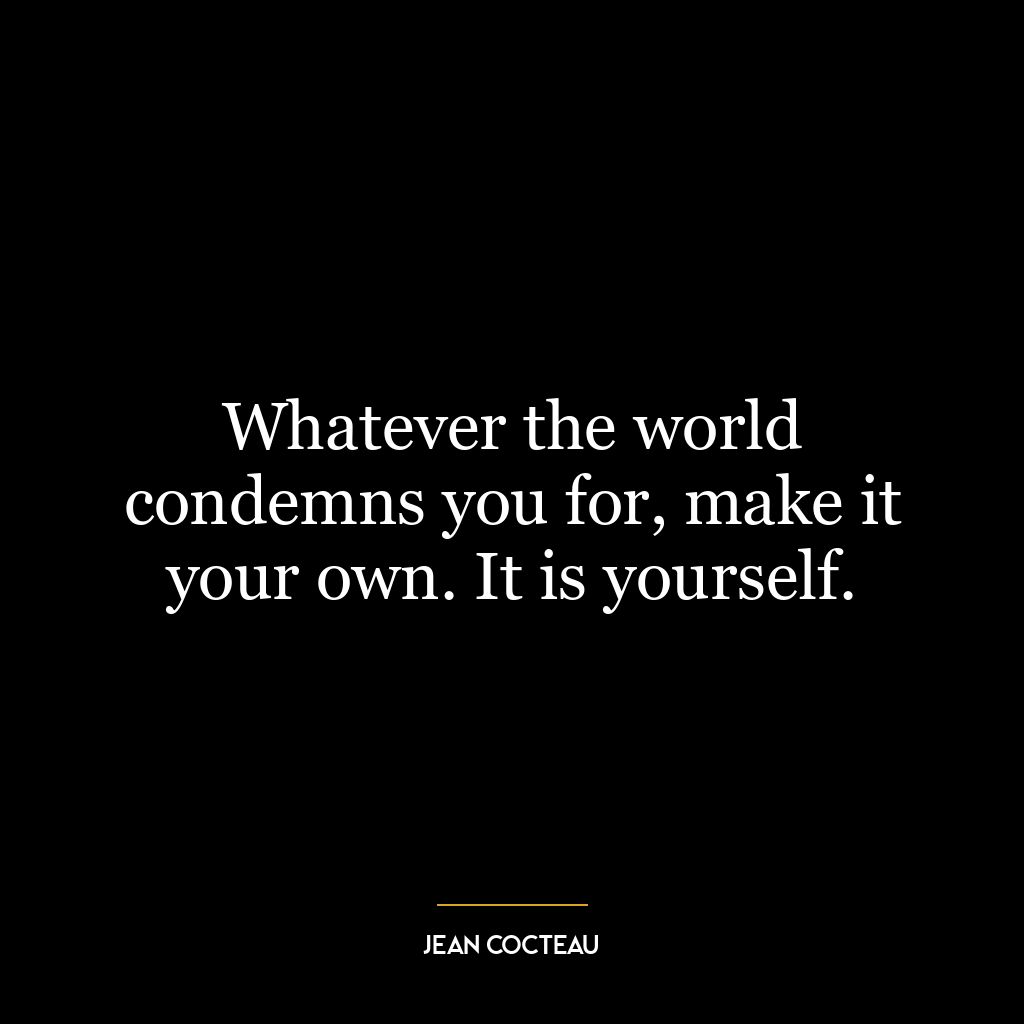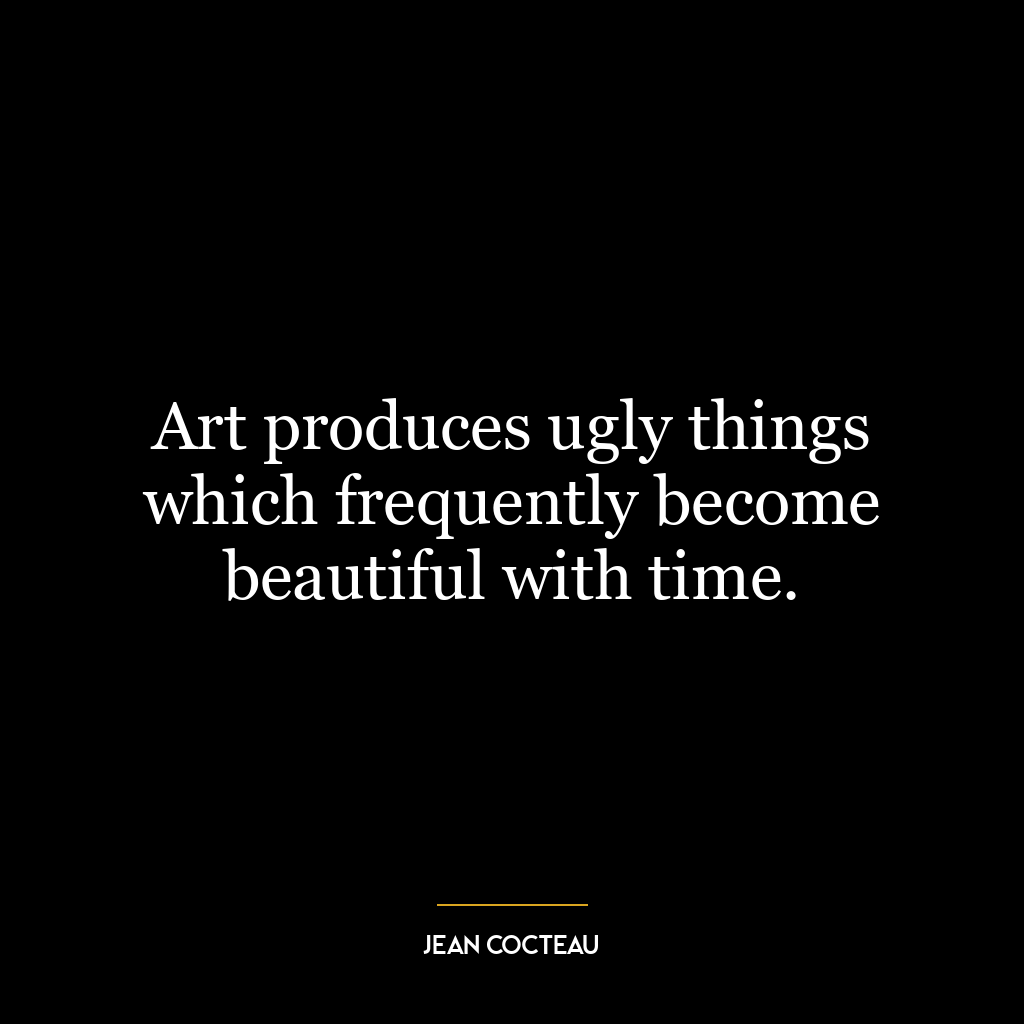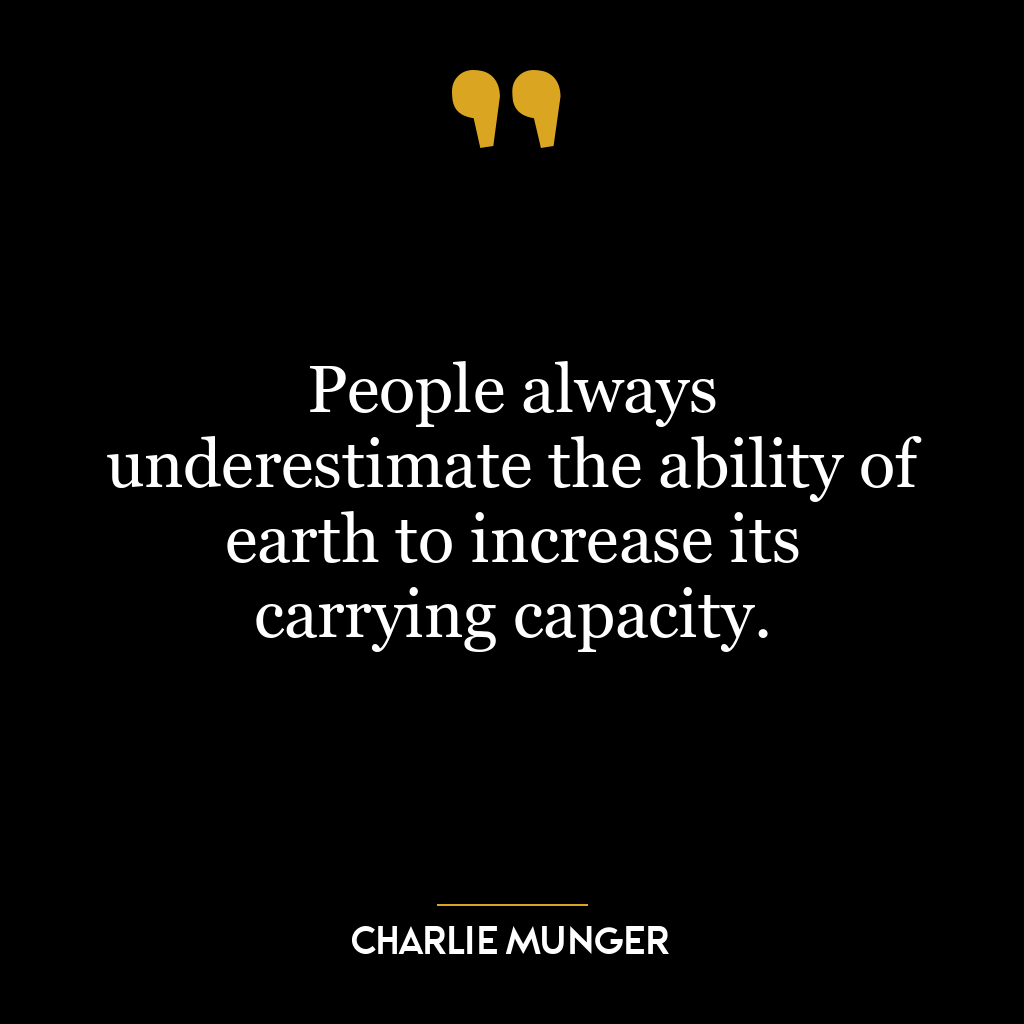This quote is a powerful statement about personal growth and resilience. It suggests that while we all experience pain and hardship in our lives, we should not let these experiences change our fundamental nature or divert us from our true selves. Wounds, in this context, can refer to any kind of emotional, physical, or psychological trauma.
The transformation mentioned in the quote can take many forms. For instance, someone who has been betrayed might become distrustful, or someone who has experienced failure might become overly cautious or pessimistic. It’s a natural human tendency to adapt our behaviors based on past experiences. However, this quote is cautioning against allowing negative experiences to shape us in a harmful way.
In essence, it’s about maintaining our core identity and values, regardless of the challenges we face. It’s a call to resilience, to healing, and to personal integrity. We should learn from our wounds, but we should not let them define us.
Applying this idea in today’s world is especially relevant. We live in a time of rapid change and uncertainty, where people often face stress, adversity, and various forms of trauma. In such a context, this quote is a reminder to stay true to ourselves, to not let the harshness of the world harden us or make us lose our compassion and humanity.
In terms of personal development, this quote emphasizes the importance of self-awareness and emotional intelligence. It’s about recognizing our wounds and working through them, rather than letting them unconsciously shape our behaviors and attitudes. It encourages us to cultivate resilience, to heal, and to grow from our experiences, while staying true to who we are.
In conclusion, this quote is a powerful reminder that while we cannot control everything that happens to us, we can control how we respond to it. Our wounds may shape us, but they do not have to define us.








